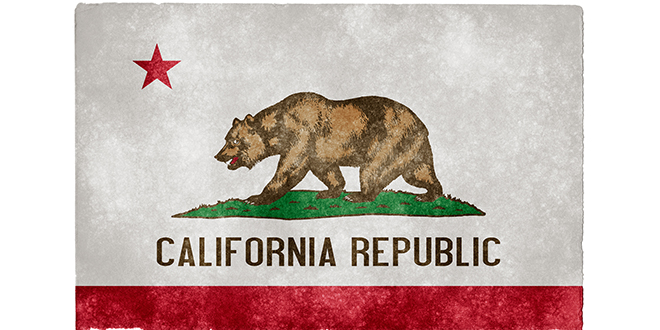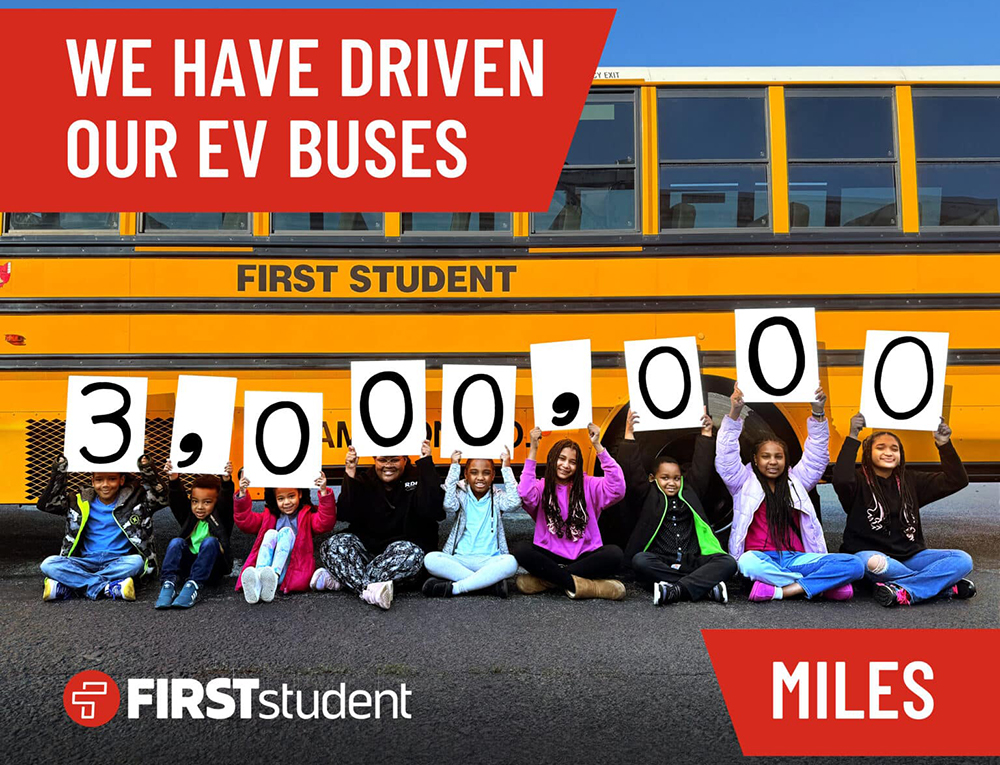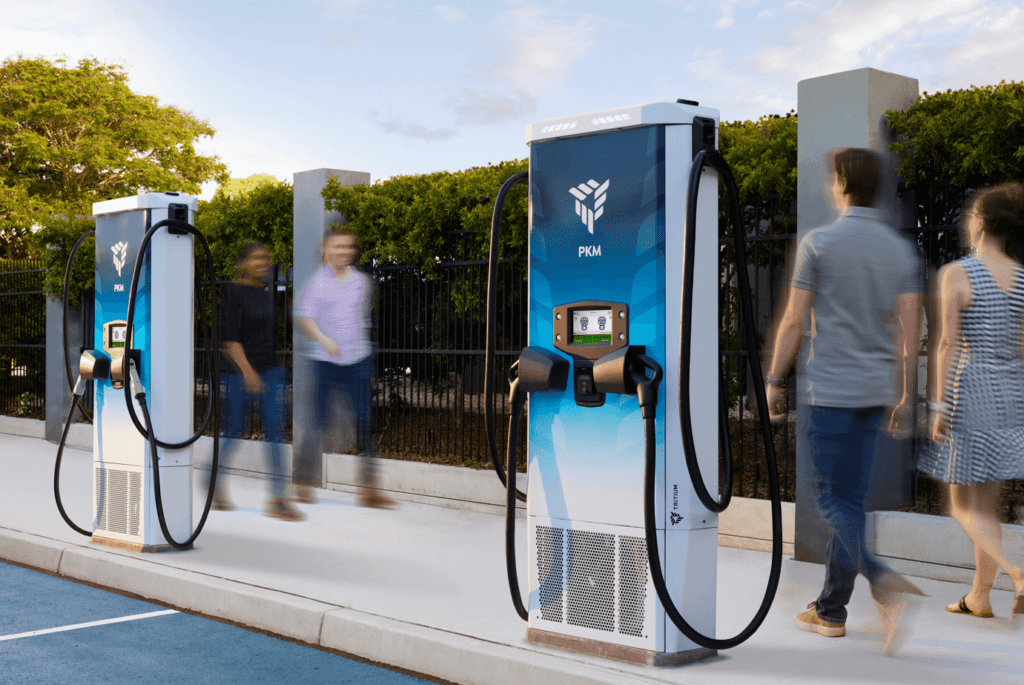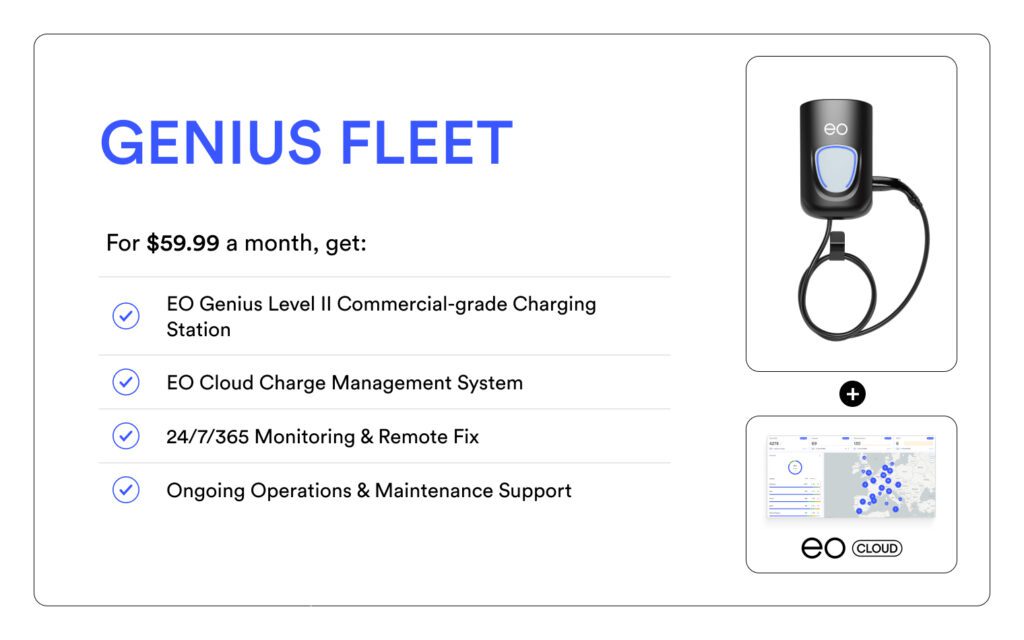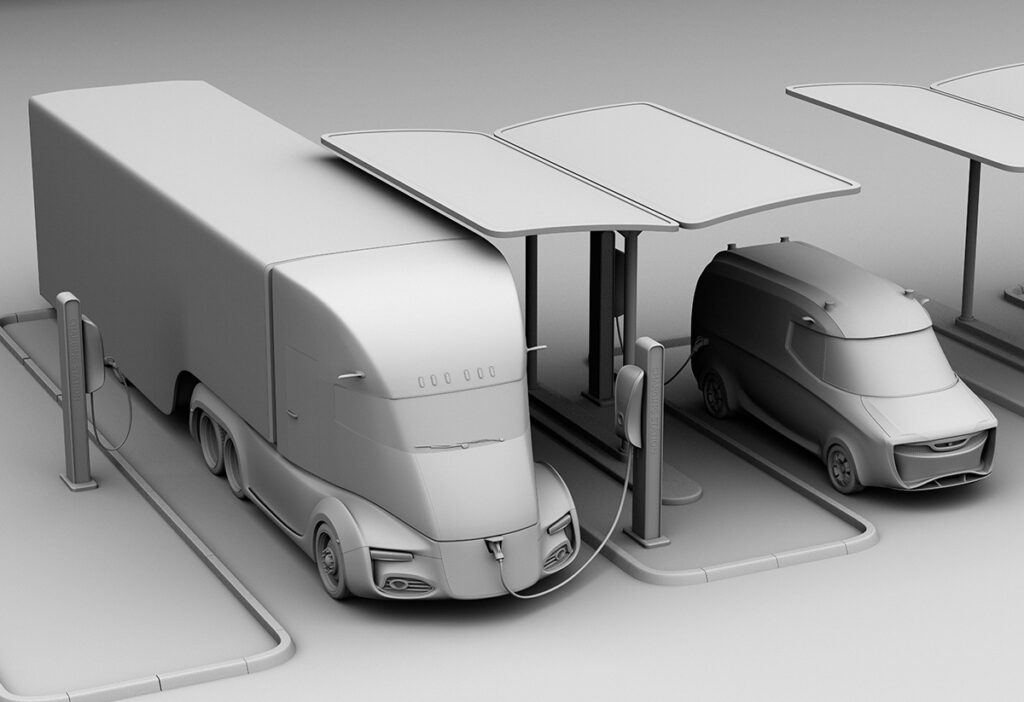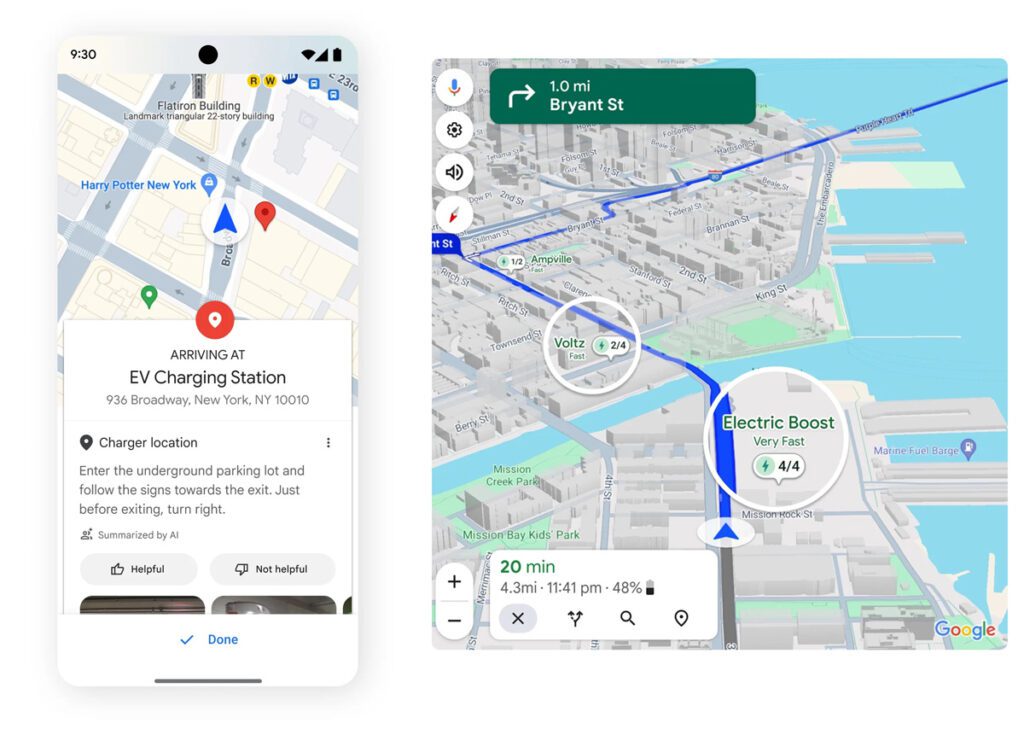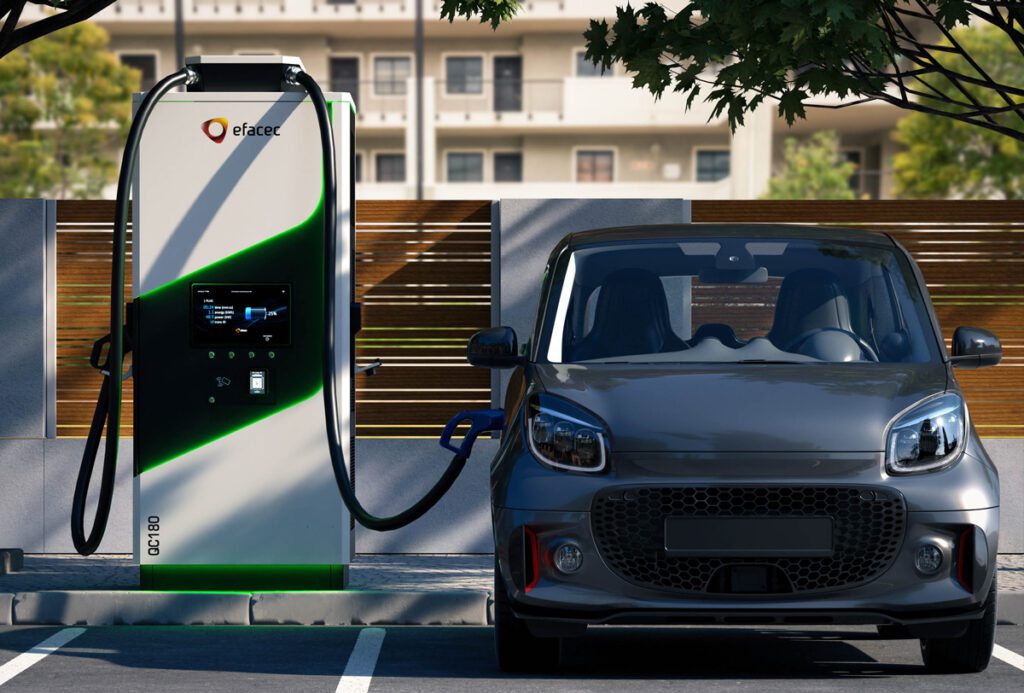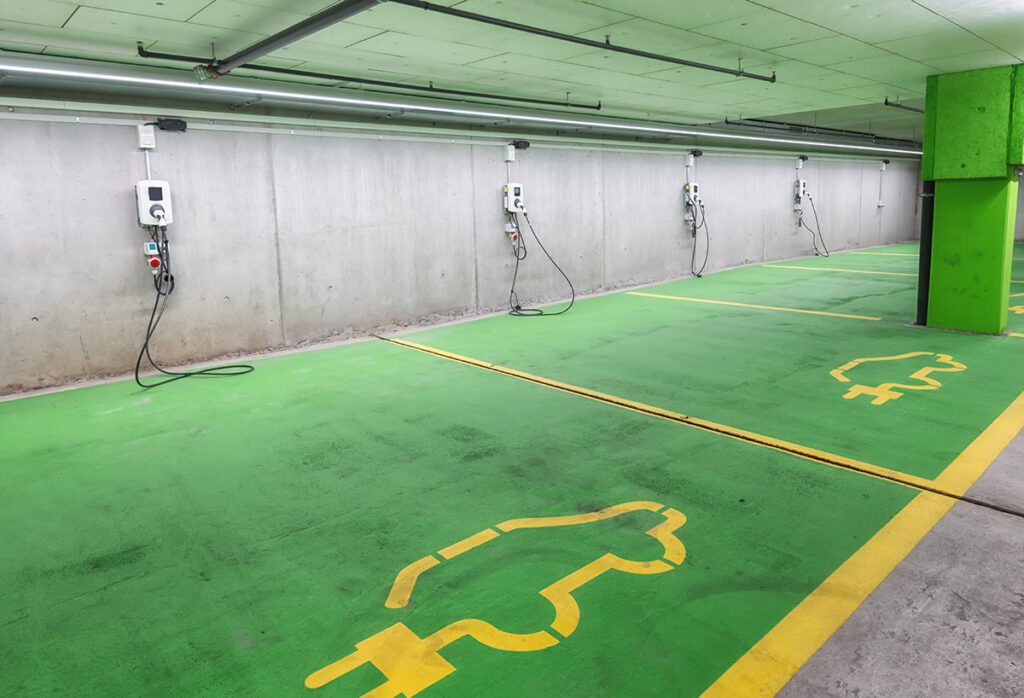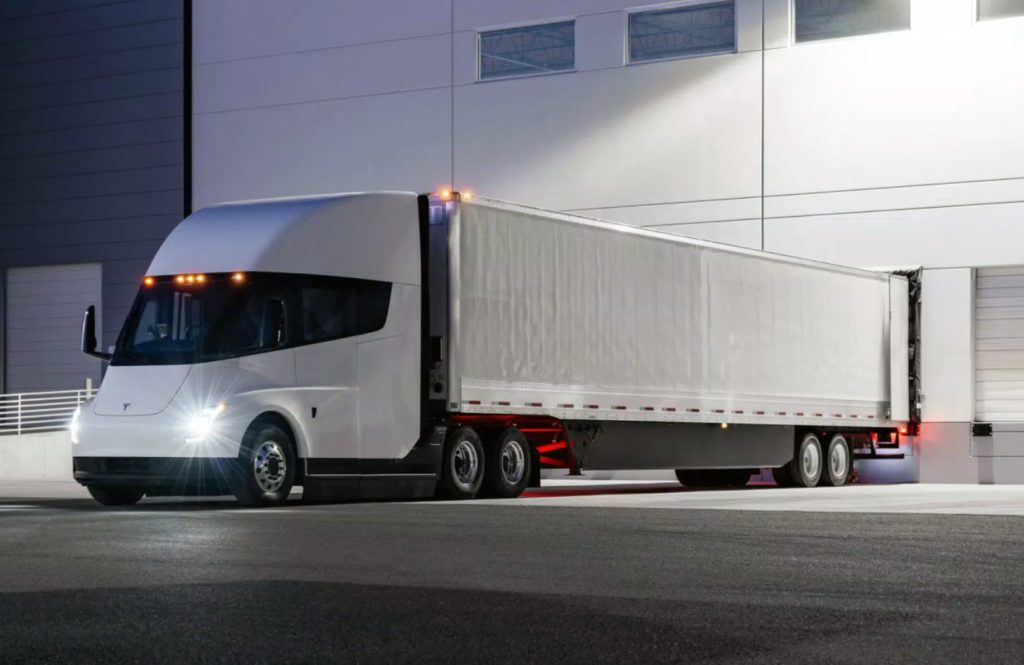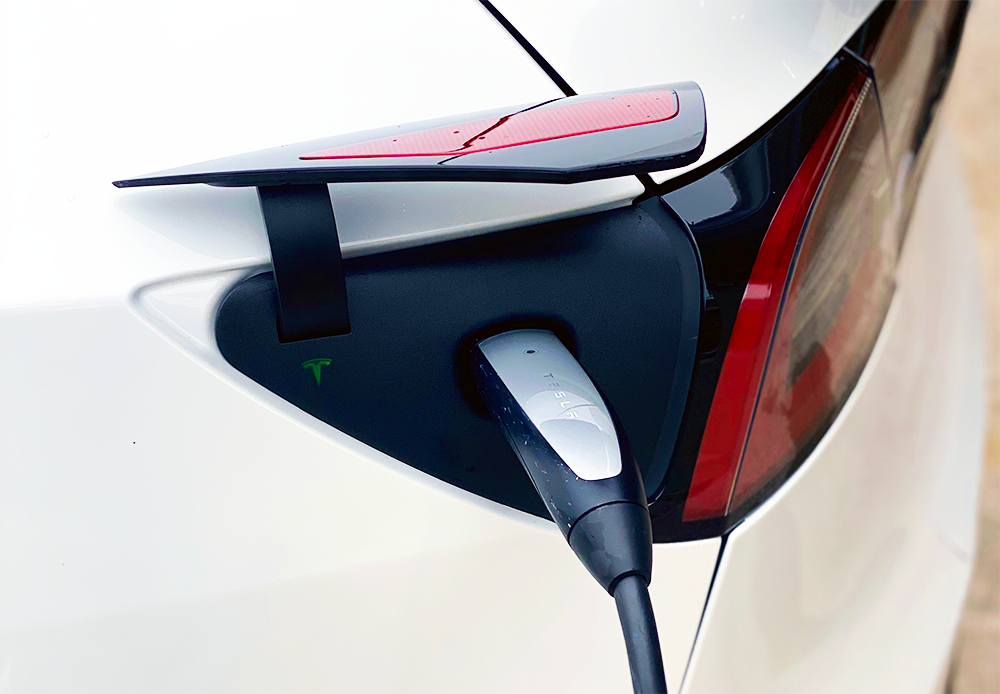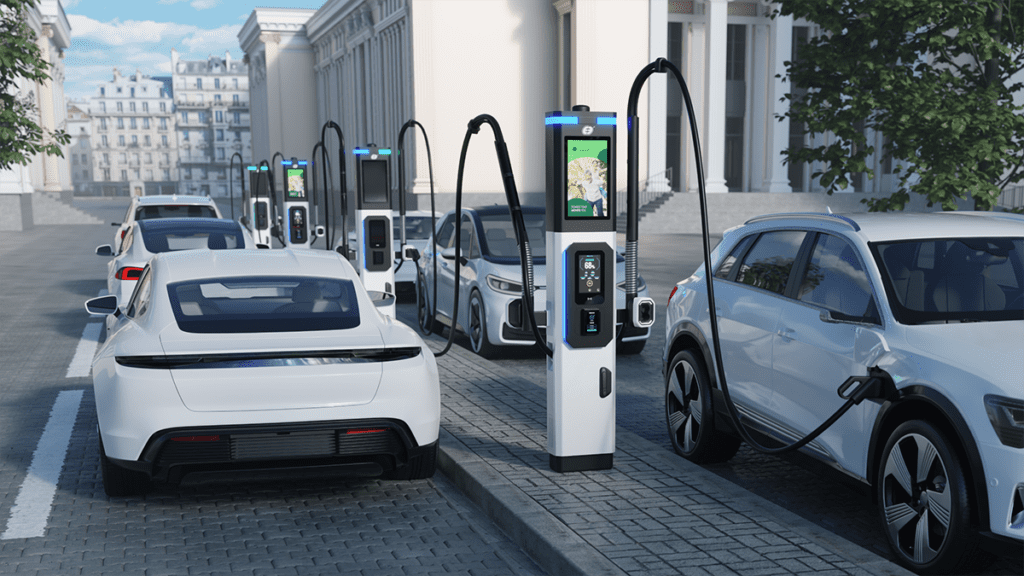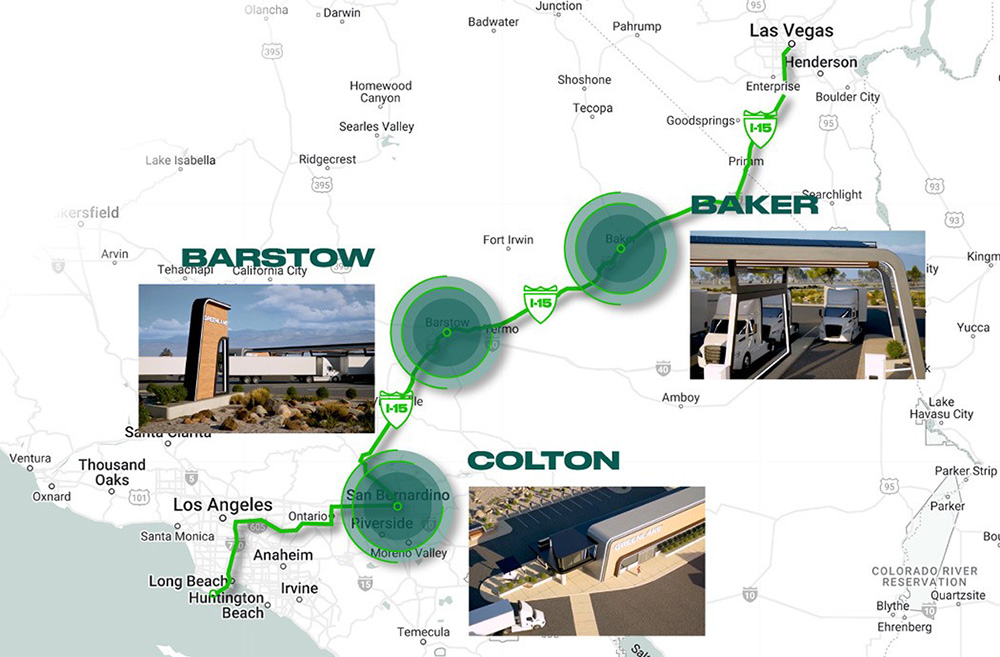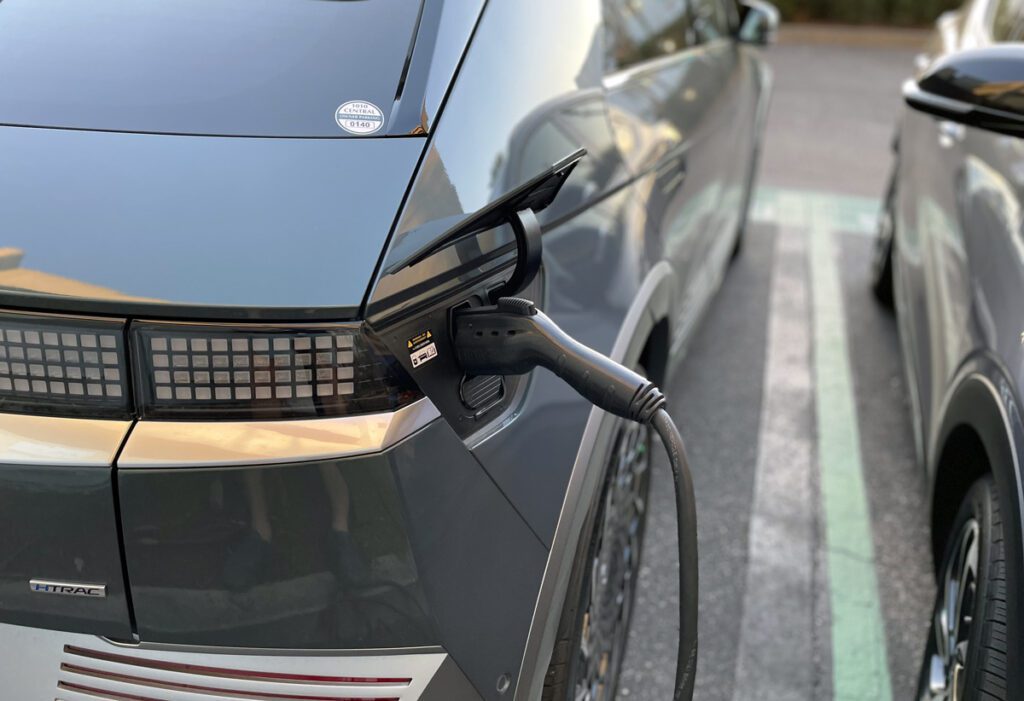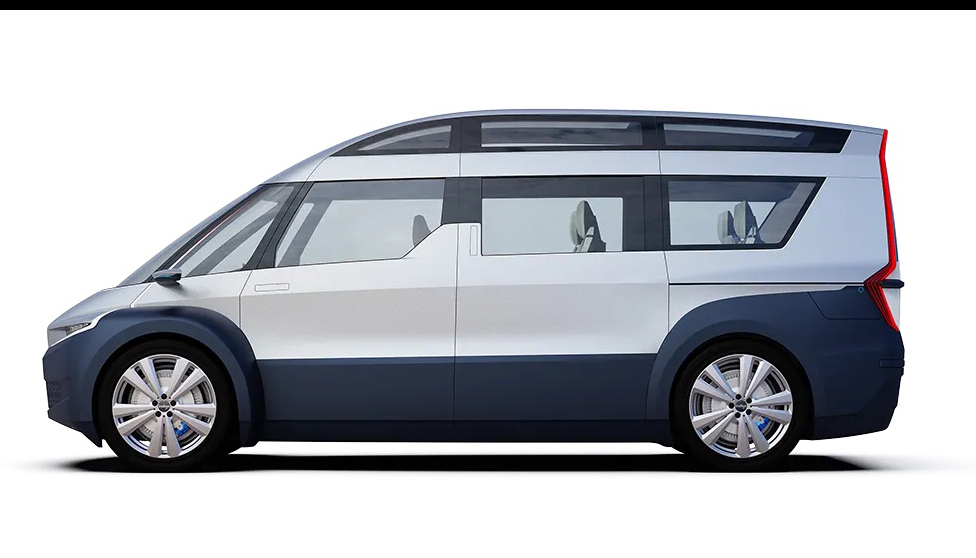As California lawmakers continue to promote the transition to a modern energy and transportation ecosystem, oil companies and electric utilities are furiously maneuvering to protect their existing business models.
Senate Bill 350, which Governor Jerry Brown recently signed into law, originally included a mandate to cut the state’s petroleum consumption 50 percent by 2030. However, Democrats from oil-producing parts of the state succeeded in getting that provision removed.
Lobbyists for Big Oil were jubilant until they realized that the new law, which envisions cutting greenhouse gas emissions to 40 percent below 1990 levels by 2030 and 80 percent by 2050, contains provisions encouraging drivers to choose EVs. Electric utilities will be required to submit proposals for “multiyear programs and investments to accelerate widespread transportation electrification to reduce dependence on petroleum.”
Environmentalists were breathing easier. “The media was focused on the fight over cutting petroleum consumption, but this is going to do a lot of the same thing,” says Laura Wisland of the Union of Concerned Scientists.
Big Electric was delighted too, because the new law awards them a central role in building out comprehensive charging networks. Pacific Gas & Electric has proposed installing thousands of charging stations in Northern and Central California, a plan that has drawn opposition from consumer groups and private charging providers. “We really need to have a big push for charging,” said PG&E CEO Tony Earley. “The charging station ought to be part of our grid infrastructure.”
Utilities hope the push for EVs will help offset the drop in electricity demand expected under other provisions of SB 350. By 2030, all buildings in California must double their efficiency. “Even with mass adoption of electric vehicles, we anticipate 1 to 2 percent growth in load, perhaps even flat to declining load,” says Pedro Pizarro, President of Southern California Edison.
Alas, what the green gods give with one hand, they may take away with the other. The electric companies’ newfound love for EVs is matched only by their horror of rooftop solar, which they are “trying to smother in its crib,” according to Michael Brune, Executive Director of the Sierra Club. Utilities have asked the California Public Utilities Commission (CPUC) to impose extra fees and less generous net metering provisions on distributed solar generation. The proposed rules would make converting to solar power two to three times more expensive for the consumer, according to Bernadette Del Chiaro, Executive Director of the California Solar Energy Industries Association.
The CPUC will rule on the issue by the end of the year.
Mary Nichols, the feisty head of the California Air Resources Board, chuckled when asked why the oil companies didn’t try to block the pro-EV language in SB 350. “Perhaps they should be asking their lobbyists that question,” she says. “I’ve been accused of brilliant strategy, creating this diversionary battle so the really important part of the legislation could go through, but I really can’t take credit for this.”
Source: Bloomberg
Image: Nicolas Raymond



